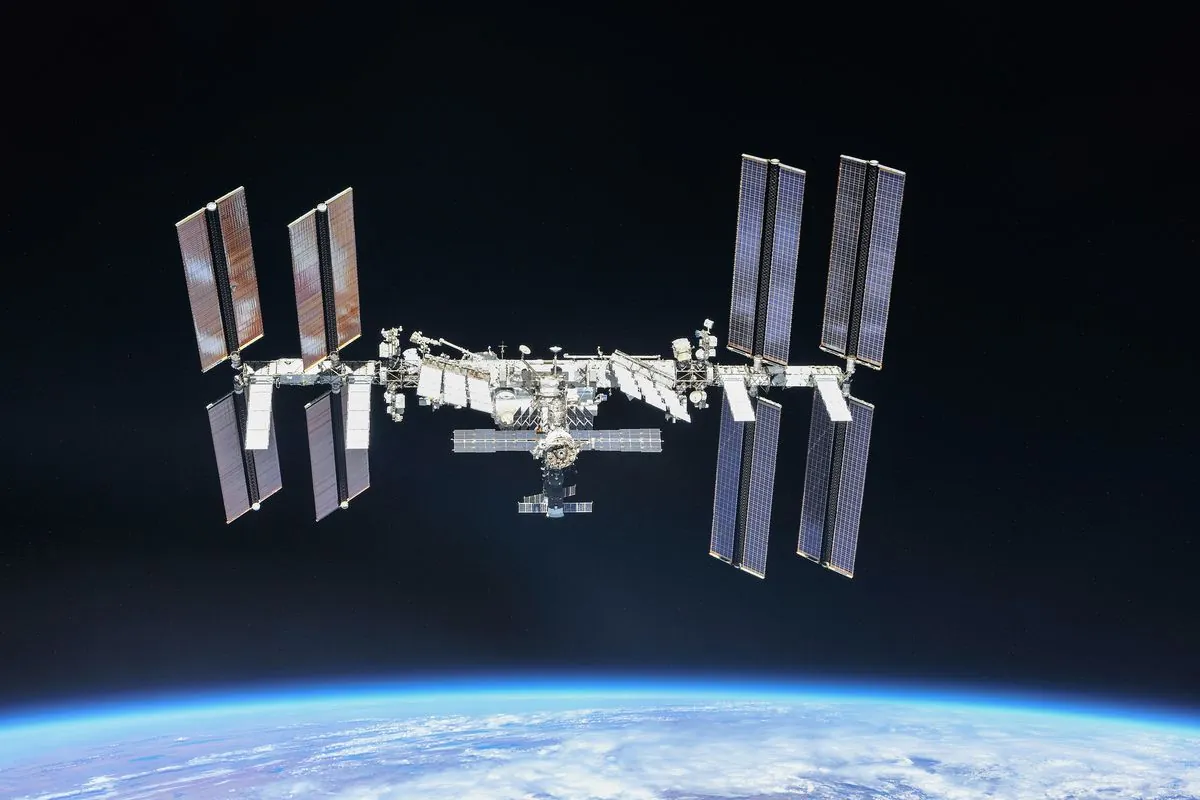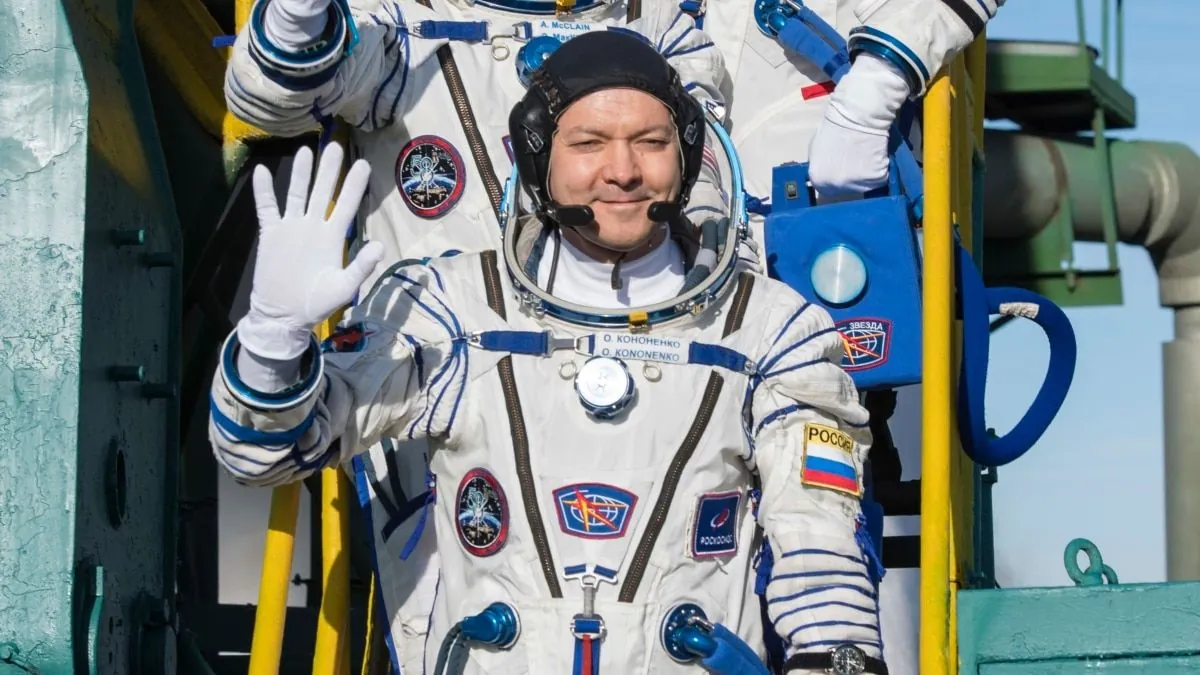Russian Cosmonauts Break ISS Continuous Stay Record
Two Russian cosmonauts set a new record for the longest continuous stay on the International Space Station. Their achievement surpasses the previous record set in 2023, adding to Russia's space milestones.

On Friday, September 20, 2024, Oleg Kononenko and Nikolai Chub, two Russian cosmonauts, established a new benchmark for the longest uninterrupted presence aboard the International Space Station (ISS), as reported by Roscosmos, Russia's space agency. This achievement surpasses the previous record of 370 days, 21 hours, and 22 minutes, which was set in September 2023 by Russian cosmonauts Sergei Prokopiev and Dmitry Petelin, along with American astronaut Francisco Rubio.
The ISS, orbiting Earth at an average altitude of 400 km, has been continuously occupied since November 2000, hosting over 240 individuals from 19 countries. As the largest artificial object in space, it completes 15.5 orbits per day at a speed of about 7.66 km/s.
Kononenko and Chub are scheduled to return to Earth on Monday, September 23, 2024, further extending their record. Kononenko, 59, has accumulated additional space duration records, including the most cumulative time in space. By the time he lands in Kazakhstan next week, he will have spent 1,110 days in space across five missions.

Interestingly, two American astronauts, Butch Wilmore and Suni Williams, have unexpectedly been part of this record-setting journey. Initially planning for an eight-day stay when they launched in June 2024, their extended presence on the ISS was due to issues with their Boeing Starliner capsule. They are now set to return in February 2025.
The ISS, a joint project between five space agencies (NASA, Roscosmos, JAXA, ESA, and CSA), serves as a microgravity and space environment research laboratory. With a pressurized volume of 916 m³ and a solar array wingspan of 73 meters, it has hosted over 3,000 research investigations from more than 108 countries.
As the ISS continues its mission until its expected end of operations in 2030, it remains a symbol of international cooperation and scientific advancement in space exploration. The station's visibility from Earth with the naked eye serves as a reminder of human presence in low Earth orbit, inspiring future generations of space explorers.


































